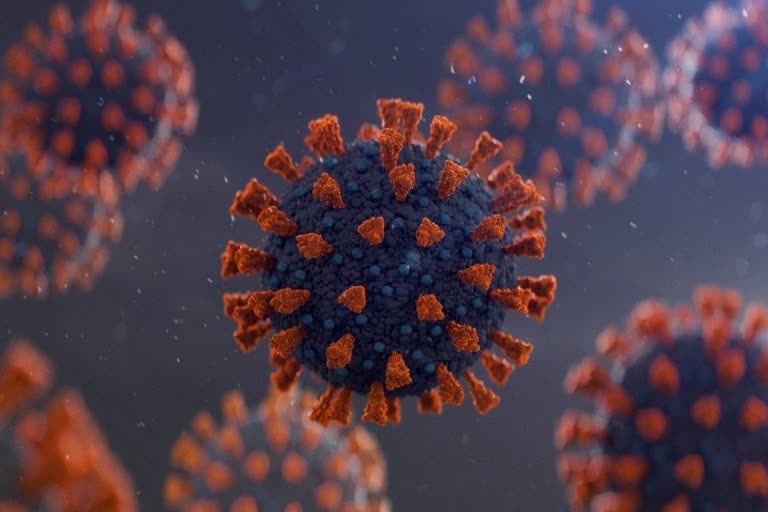According to the researchers at the Oregon Health & Science University (OHSU), Portland, the laboratory results revealed that a breakthrough infection generated a robust immune response against the delta variant. The authors said the findings suggested the immune response is likely to be highly effective against other variants as the SARS-CoV-2 virus continued to mutate.
The study is the first to use live SARS-CoV-2 variants to measure cross-neutralization of blood serum from breakthrough cases. "You can't get a better immune response than this," said senior author Fikadu Tafesse, PhD, assistant professor of molecular microbiology and immunology in the OHSU School of Medicine.
"These vaccines are very effective against severe disease. Our study suggests that individuals who are vaccinated and then exposed to a breakthrough infection have super immunity," Tafesse added.
The study found that antibodies measured in blood samples of breakthrough cases were both more abundant and much more effective - as much as 1,000 percent more effective - than antibodies generated two weeks following the second dose of the Pfizer vaccine.
The study suggested each exposure following vaccination actually served to strengthen the immune response to subsequent exposures even to new variants of the virus. "I think this speaks to an eventual end game," said co-author Marcel Curlin, M.D., associate professor of medicine (infectious diseases) in the OHSU School of Medicine who also serves as medical director of OHSU Occupational Health.
"It doesn't mean we're at the end of the pandemic, but it points to where we're likely to land: Once you're vaccinated and then exposed to the virus, you're probably going to be reasonably well-protected from future variants," Curlin added.
Also Read: Understanding The Need Of Nail Hygiene Post COVID-19 Pandemic
"Our study implies that the long-term outcome is going to be a tapering-off of the severity of the worldwide epidemic," Curlin explained.
Vaccine immunity is currently undergoing a real-world test against the new omicron variant. "We have not examined the omicron variant specifically, but based on the results of this study we would anticipate that breakthrough infections from the omicron variant will generate a similarly strong immune response among vaccinated people," Tafesse said.
The study compared blood samples collected from a total of 52 people, all employees of OHSU who were vaccinated with the Pfizer vaccine and subsequently enrolled in the study. A total of 26 people were identified through OHSU Occupational Health testing as having mild breakthrough infections following vaccination. Among the sequence-confirmed breakthrough cases, 10 involved the highly contagious delta variant, nine were non-delta and seven were unknown variants.
Working in a Biosafety Level 3 lab, researchers then measured the immune response to live viruses exposed to blood sampled from people with breakthrough cases and compared it with the immune response to the control group. They found the breakthrough cases generated more antibodies at baseline, and they found that those antibodies were substantially better at neutralizing the live virus.
With as many as one in five eligible Oregonians still vulnerable to infection - and vaccination rates even lower elsewhere in the country and around the world - the new study underscores the fact that vaccination remains the key to ending the pandemic. "The key is to get vaccinated," Curlin said. "You've got to have a foundation of protection," Curlin added.
(ANI)
Also Read: Omicron infects 70 times faster but may cause less severe disease: Study



